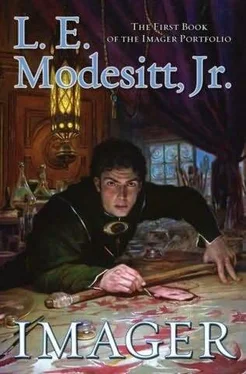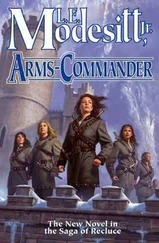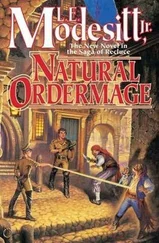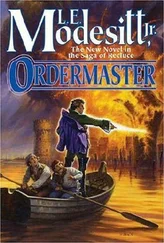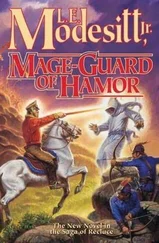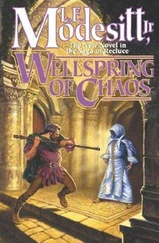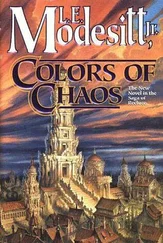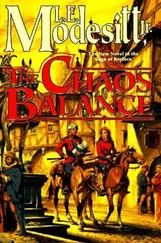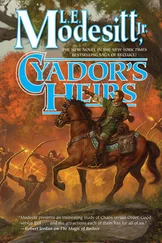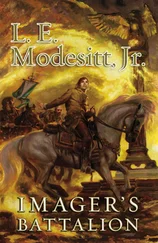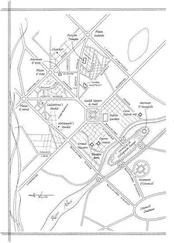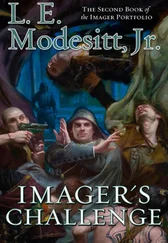L. Modesitt - Imager
Здесь есть возможность читать онлайн «L. Modesitt - Imager» весь текст электронной книги совершенно бесплатно (целиком полную версию без сокращений). В некоторых случаях можно слушать аудио, скачать через торрент в формате fb2 и присутствует краткое содержание. Жанр: Фэнтези, на английском языке. Описание произведения, (предисловие) а так же отзывы посетителей доступны на портале библиотеки ЛибКат.
- Название:Imager
- Автор:
- Жанр:
- Год:неизвестен
- ISBN:нет данных
- Рейтинг книги:4 / 5. Голосов: 1
-
Избранное:Добавить в избранное
- Отзывы:
-
Ваша оценка:
- 80
- 1
- 2
- 3
- 4
- 5
Imager: краткое содержание, описание и аннотация
Предлагаем к чтению аннотацию, описание, краткое содержание или предисловие (зависит от того, что написал сам автор книги «Imager»). Если вы не нашли необходимую информацию о книге — напишите в комментариях, мы постараемся отыскать её.
Imager — читать онлайн бесплатно полную книгу (весь текст) целиком
Ниже представлен текст книги, разбитый по страницам. Система сохранения места последней прочитанной страницы, позволяет с удобством читать онлайн бесплатно книгу «Imager», без необходимости каждый раз заново искать на чём Вы остановились. Поставьте закладку, и сможете в любой момент перейти на страницу, на которой закончили чтение.
Интервал:
Закладка:
The answer was obvious. It was also painful. “Because I could become arrogant, as Floryn was.”
“Not quite. You would never be as blatantly, flagrantly stupid, and you are not the type to boast. You could be the type to boast to yourself and to act in anger, but in subtle and cool arrogance, when you feel yourself wronged or disregarded. How did you feel when you did not win the journeyman’s competition last Ianus?”
“Wronged,” I admitted, even as I wondered how he knew that, because I’d never mentioned it to anyone at the Collegium. “My work was better than those that won, and several masters admitted as much indirectly.”
“Then why did you not win?”
I wanted to blurt out that they had played favorites, but there was more behind it, and Master Dichartyn would not have asked the question if there had not been. “I would guess that part of the competition was to determine who would follow the traditions and the unspoken rules of their guild.”
“If that were so, then did you deserve to win?”
“I deserved to win on artistic merit, sir, but not if the prizes were to be given on blind compliance with unspoken rules.”
Master Dichartyn nodded. “You don’t like to admit that, do you?”
“No, sir.”
“What happened to you there is the same everywhere else. All groups, whether the guilds, the Council, the High Holders, or the Collegium, have both formal rules-and these can be spoken or written or both-and unspoken rules. The unspoken rules must be observed and deduced by each member of the group, and in large part, acceptance and success depend on recognition of and mastery of those unspoken rules. Young people usually understand that such rules exist within their own groups, but many have a harder time accepting that other groups have such rules and that at least some of those rules may differ greatly from the rules they have already learned. Often they get most angry when the rules of those older and more powerful do not follow their preconceptions.”
“Floryn didn’t like it?”
“He came from a part-taudis background where one has to boast and overstate to be respected. He could never overcome that early training.”
“What early training do I need to overcome?”
Master Dichartyn laughed, somewhat sadly. “I cannot say with certainty. I would judge that you need more to overcome your rebellion against early training. You may have become an artist because you disliked the constant counting and use of coins as a measure of success. Yet that is the measure of success in commerce, and you must accept the fact that such is the case with most people. Taxes and tariffs on commerce support all of Solidar, as well as the Collegium. Most people can reckon only with numbers, and they measure their worth by comparing their possessions and coins against those of others.”
I would have to think about that.
“Rhennthyl . . . I have another question. All techniques and questions about imaging, beyond the very basic exercises that you’ve already had, are handled in private discussions and exercises with a master. Why do you think this is so?”
“You want to see what we can do when no one else is around. That would keep others from getting hurt if I did something really wrong.”
“You could hurt me.”
“No, sir. I don’t think so. You wouldn’t give us the instruction and tools if you didn’t have some way of protecting yourself.” I paused. “I don’t know if I understand about obdurates, not after . . . yesterday. I mean . . . how can they . . . protect against . . .”
He just smiled. “There are two kinds of imaging. The process is the same, but the effects are not. If you try to change the way someone looks or their physical being through imaging, it will not affect an obdurate, and if you’re strong enough, the slightest suggestion will change a malleable. Most people won’t be affected, and the effect usually won’t last unless the imager is a master, generally a higher-level master. That is not the same as if one uses imaging as a weapon, if you will, but to do that, one must be able to see . . .”
I understood. The obdurate guards might have been close enough to be affected by personal shaping imaging, if they were not obdurates, and the blindfold provided the rest of the protection. “Are imagers obdurates to some degree?”
“Almost always, but there are a few who are not. You are definitely not one of those.” He cleared his throat. “Now . . . if we might return to my question. Are there any other reasons why we instruct you alone without others present?”
“You want to keep control of the situation?”
“What do you mean?”
“It could be that with more imagers around . . .”
This time, he shook his head. “No, one of the reasons for the isolation is for your protection. I can protect myself. You can’t yet. What if another junior imager made a mistake?”
“Oh . . . I should have thought of that, sir.”
“After you thought of my being hurt, you should have. One of the problems that young men have is that while they can think of what may happen to others, they don’t think how their actions or those of their peers may result in great injury to themselves. Think of it this way. After the hearing, didn’t you worry that someday some master might charge you with some offense?”
“Ah . . . yes, sir.”
“Did you think about the fact that if you avoided doing unwise or prohibited acts you wouldn’t have that worry?”
I hadn’t, not really.
“You see?” He raised both eyebrows.
“But, sir . . . most of us have done things we regret or worry about, sometimes before we knew better . . .” I wasn’t quite sure what I was suggesting was wise, but I had to know.
He nodded slowly. “That is true for many of you, generally for the most gifted, such as you. You are referring to the unfortunate death of your previous master, are you not?”
I just sat there, stone-cold. I shouldn’t have said anything, and yet . . .
“You’re surprised? I receive copies of all the patroller reports in L’Excelsis. We look at them carefully where deaths and strange occurrences are involved, particularly when a younger person is involved. It is often suggestive. Very few of the most talented imagers do not have a death or an injury to another that has come from their discovery or development of their ability. The only question is whether they worry about it or suffer for it. Those who do not suffer, or understand that they should, are useful only for the Army or the Navy, or for the machine works, for they have no restraints. I’m glad you brought the matter up, and even gladder that you did indirectly, at least indirectly for one who is not experienced in indirection.”
“You knew and let me become an imager?”
“Had you not come to us, Rhenn,” Master Dichartyn said quietly, “within the month, you would have been found dead on the street. You had the wisdom to understand what you had become, and the strength, even with the worry you carried, to cross the Bridge of Hopes. Why do you think it is called that?” His smile was wry. “Hope is always an expectation beyond anticipated reality, is it not?”
Put in that light, I had to agree with him. I nodded.
“You have learned what some never do. What you have not learned, but will, is that you will always bear the costs of what led you to become an imager, one way or another.”
I had the feeling that he might be right.
“Next Vendrei, at the noon meal, Master Poincaryt will include your name among those imagers being promoted from primus to secondus.” He smiled, but the smile vanished almost immediately. “Now that we have taken care of those issues . . . define a philosophical proposition for me, by its structure.”
Читать дальшеИнтервал:
Закладка:
Похожие книги на «Imager»
Представляем Вашему вниманию похожие книги на «Imager» списком для выбора. Мы отобрали схожую по названию и смыслу литературу в надежде предоставить читателям больше вариантов отыскать новые, интересные, ещё непрочитанные произведения.
Обсуждение, отзывы о книге «Imager» и просто собственные мнения читателей. Оставьте ваши комментарии, напишите, что Вы думаете о произведении, его смысле или главных героях. Укажите что конкретно понравилось, а что нет, и почему Вы так считаете.
